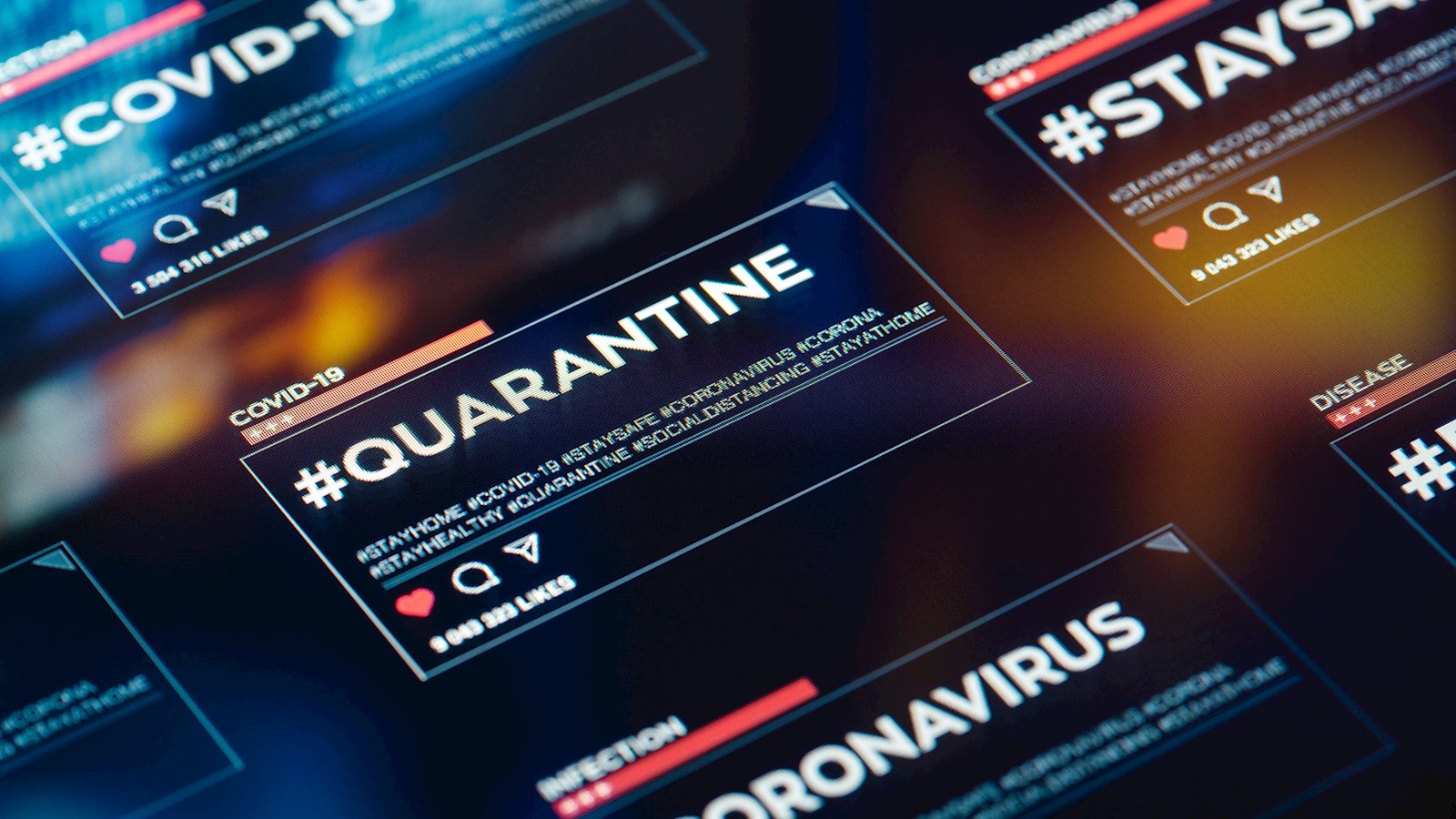
Social media & COVID-19: digital crisis interaction among Gen Z and Millennials
A global study by Wunderman Thompson, The University of Melbourne and Pollfish, in collaboration with the World Health Organisation
A year on, the unfolding of the COVID-19 pandemic shows how the spread of misinformation – amplified on social media and other digital platforms – is a great threat to global public health.
Misinformation has resulted in a disregard of public health directives, the promotion of useless or dangerous “cures” and conspiracy theories. The constant bombardment of conflicting information can be overwhelming and cause some to stop paying attention even to crucial health news and guidance.
This international study investigates where Gen Z and Millennials in pandemic hotspots are getting their COVID-19 information, who they trust as sources, what they worry about and their awareness of false news. It also looks at the size of their social media networks and how likely they are to share unverified information.
As we move into the next phase of the pandemic, we hope these findings will help health organisations, governments, media, businesses, educational institutions and others sharpen their health communication strategies.
This groundbreaking study covers approximately 23,500 respondents aged 18-40 years, in 24 countries across five continents, who were reached on their mobile devices between late October 2020 and early January 2021.
Key findings include:
1. Gen Z and Millennials rely on multiple sources for their COVID-19 information, but national mainstream media is still top
National mainstream media as well as their social media platforms continue to be trusted channels for reaching Gen Z and Millennials. However, in a handful of countries, respondents rely more on the World Health Organisation (WHO) and other alternative sources over national media.
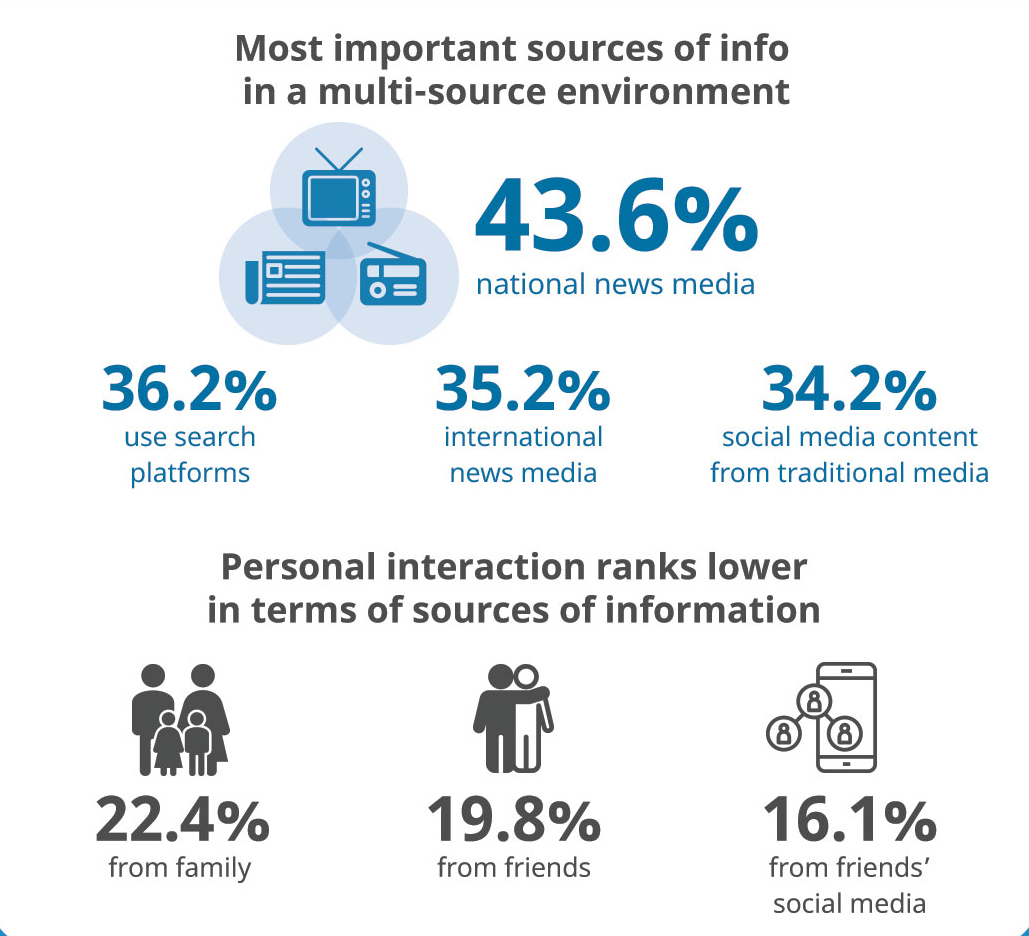
2. Scientific content is seen as shareworthy
Science rules when it comes to sharing COVID-19 content.
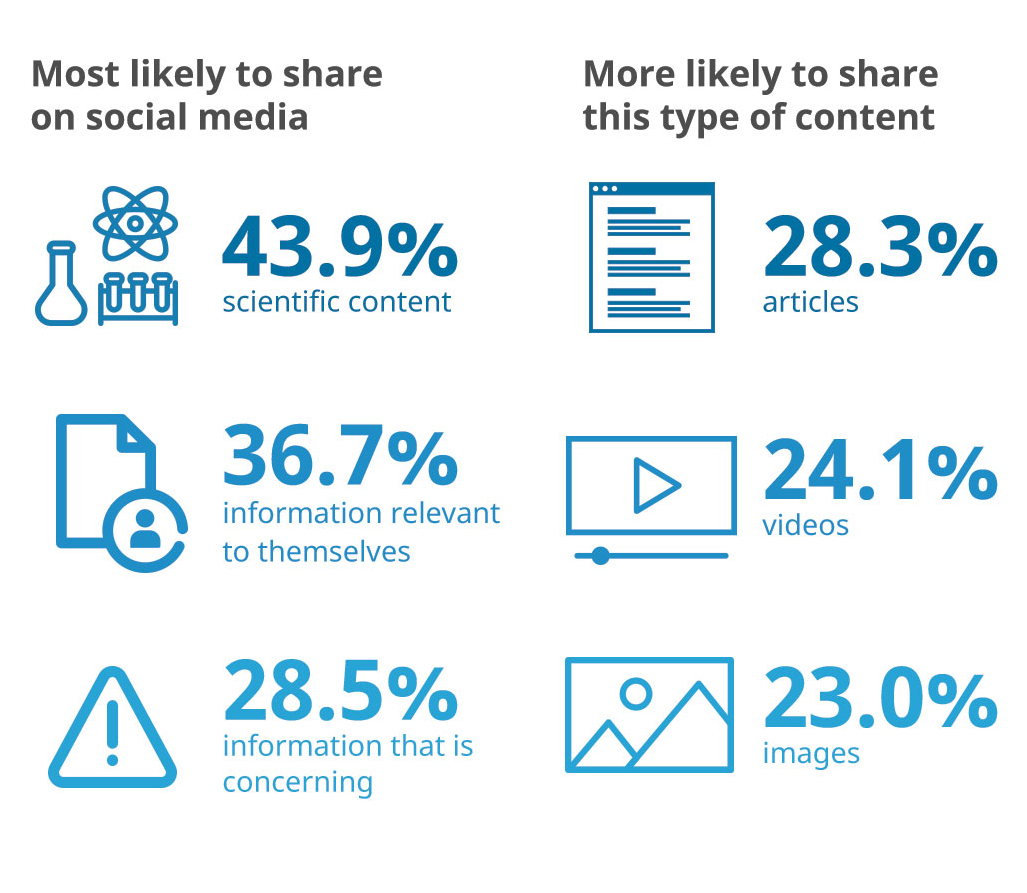
3. Awareness of fake news is high, but so is apathy
Many Gen Z and Millennials are aware of fake news and they can often spot them. However, the challenge is in recruiting them to actively counter them, rather than letting it slide.
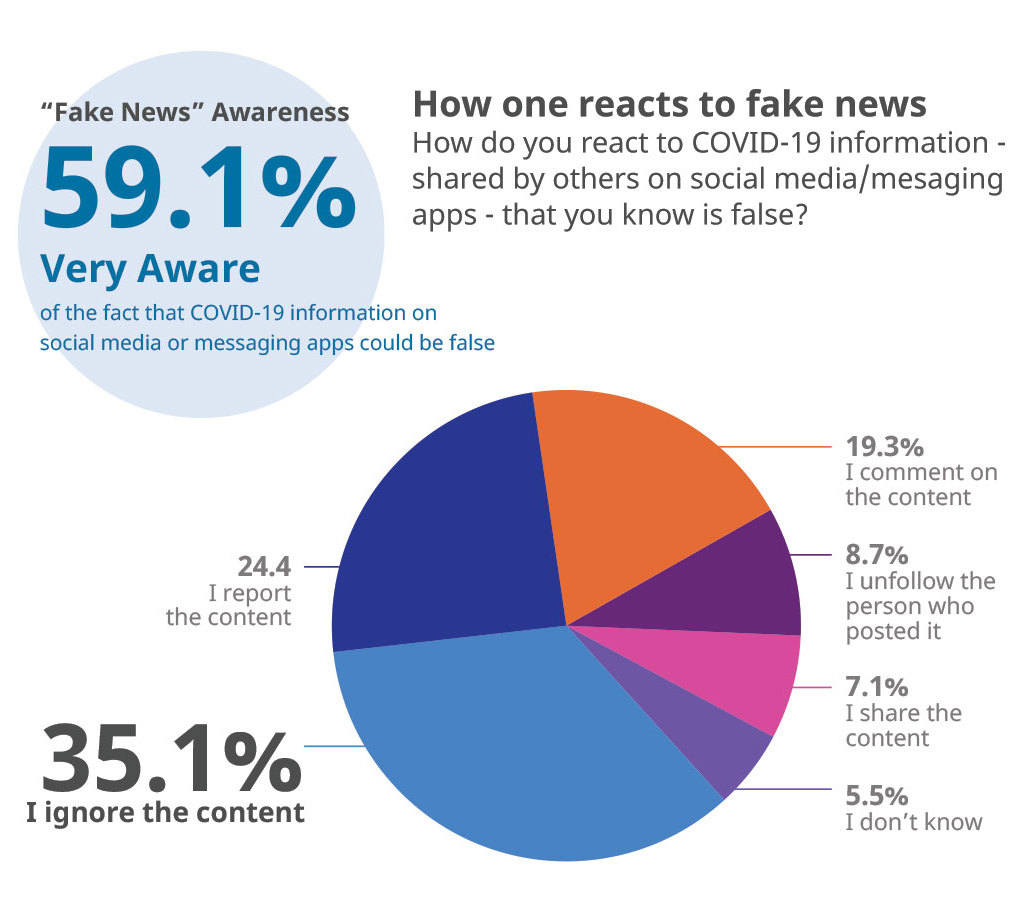
4. Gen Z and Millennials have multiple worries beyond getting sick
Gen Z and Millennials are grappling with multiple concerns when it comes to COVID-19. Health communicators need to be aware that these concerns can be interlinked and/or competing, and to acknowledge perceived trade-offs – for example, between lives and livelihoods.
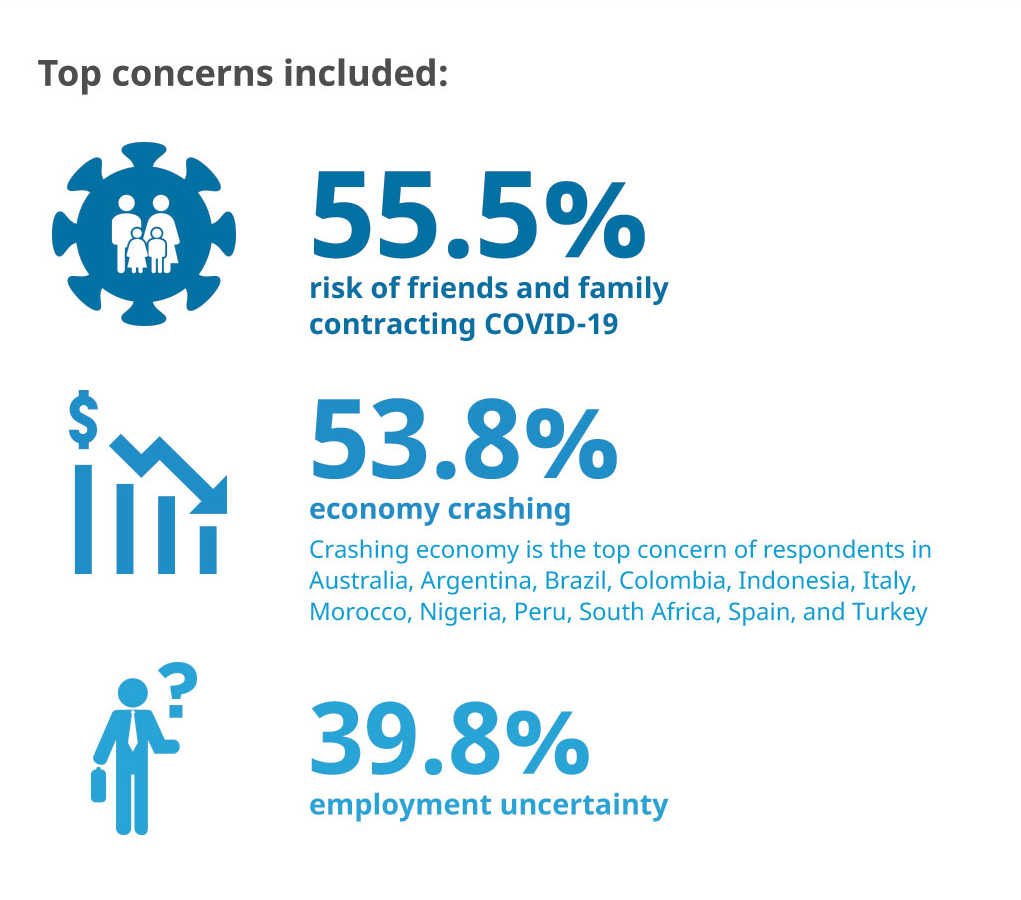
5. Interest in vaccines is soaring
As governments around the world roll out immunisation programs, interest in vaccines is high and this is likely to continue. Health communicators have a critical opportunity to shape public receptiveness to vaccines, allay fears and increase uptake. But don’t rely on celebrities or influencers.
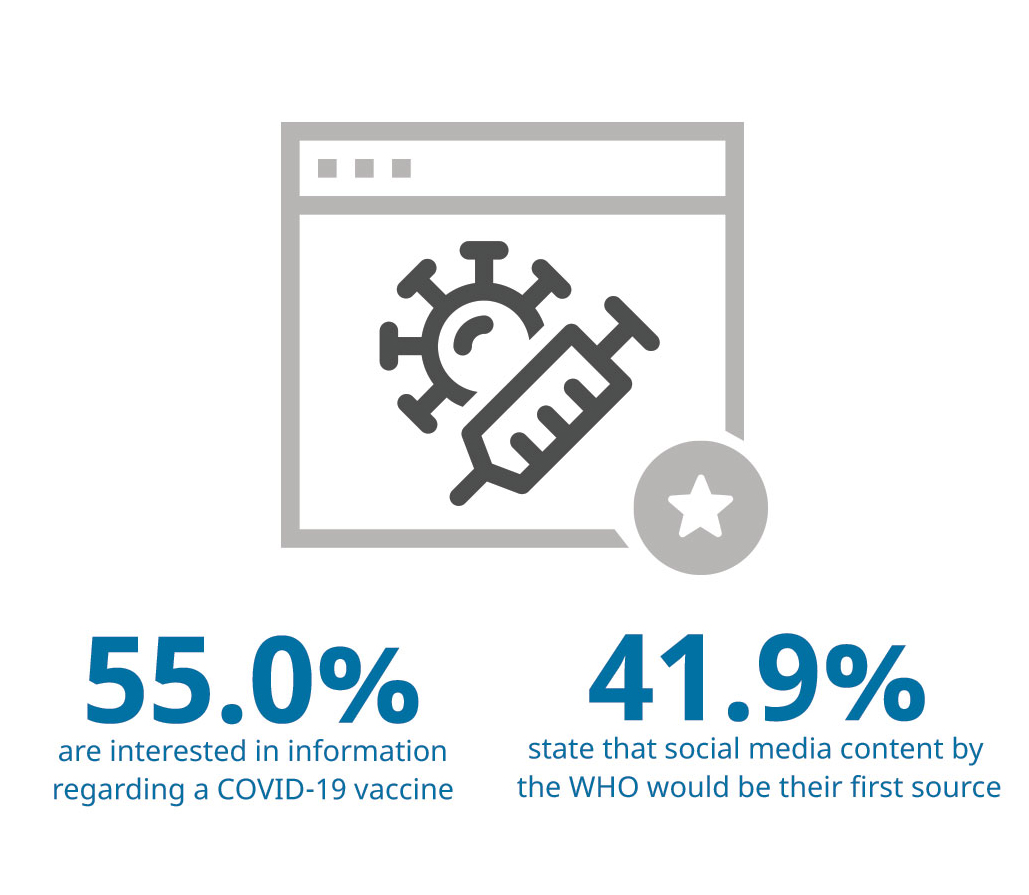
6. So much information, yet not the full picture
Pandemic fatigue is setting in and people are overwhelmed. They also yearn for things to go back to normal. This is a critical window for health communicators to emphasise that things can only get back to normal if people stay vigilant and comply with health guidelines whether it’s wearing masks, social distancing or getting vaccinated.
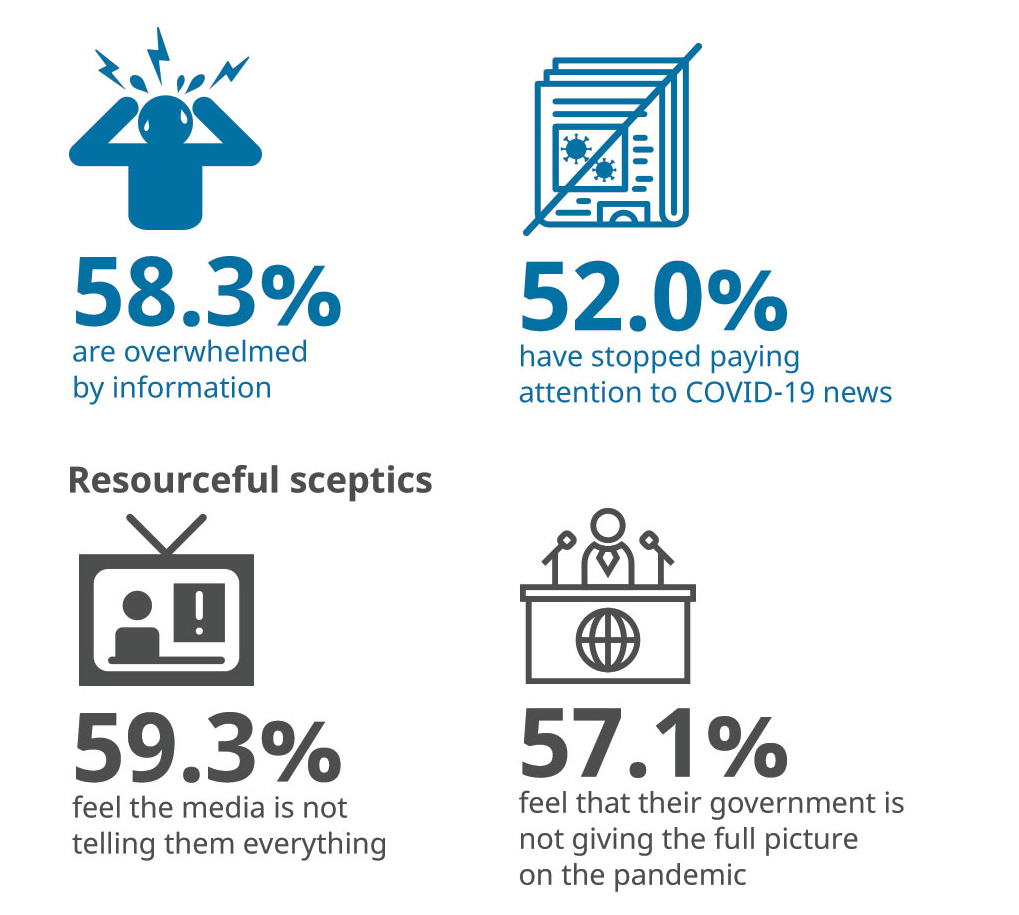
This is a joint study by Wunderman Thompson, The University of Melbourne and Pollfish, in collaboration with World Health Organisation (WHO).
published on
15 April 2021
Category
More in Communications

Media in India: the future is now
Brands pursuing the Indian market must focus on personalised experiences and data-driven strategies
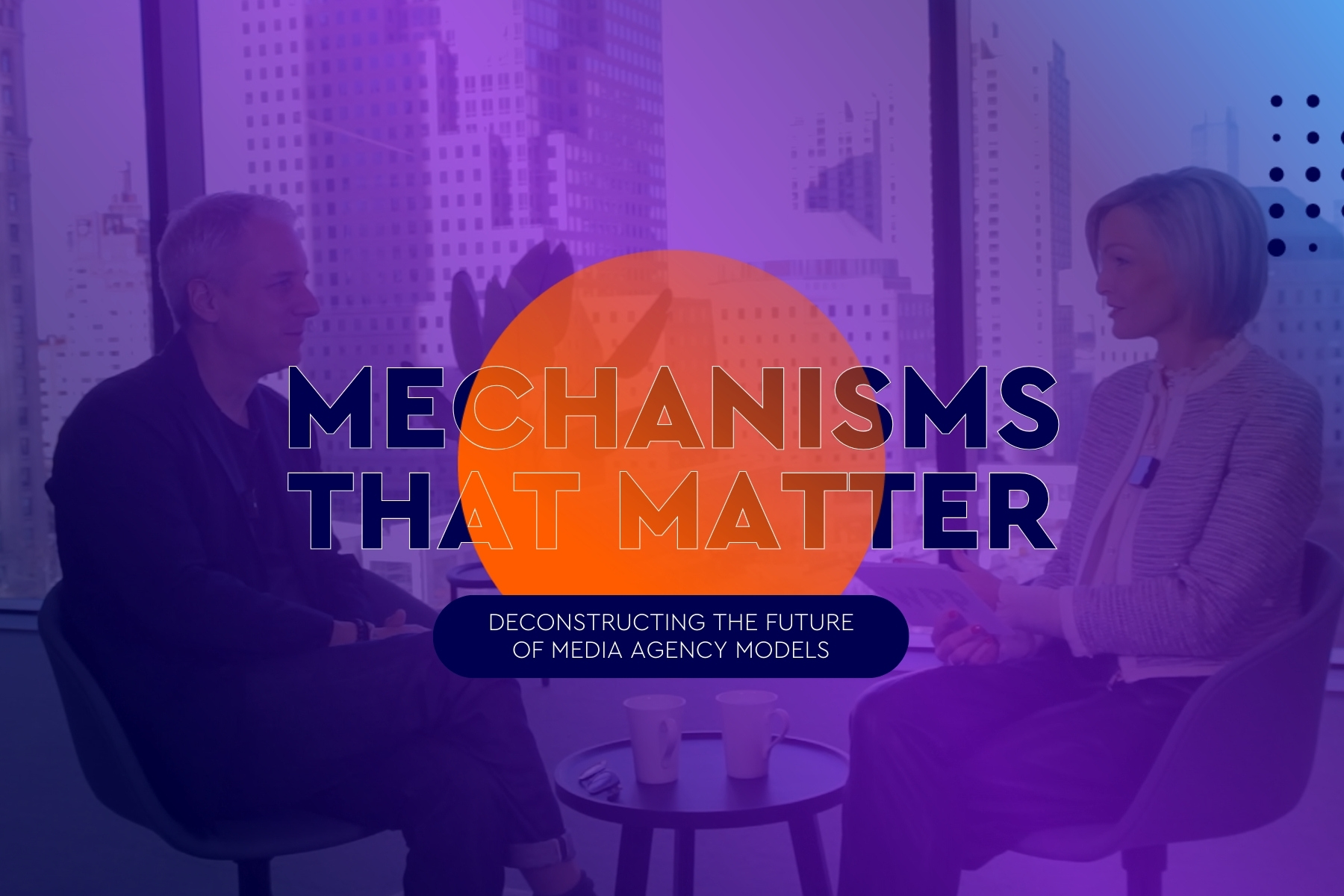
Mechanisms that Matter – Google
Deconstructing the future of media agency models

Multinational companies must have an India strategy
The Indian market is hugely attractive to brands, but multinational companies must have a bespoke India strategy

